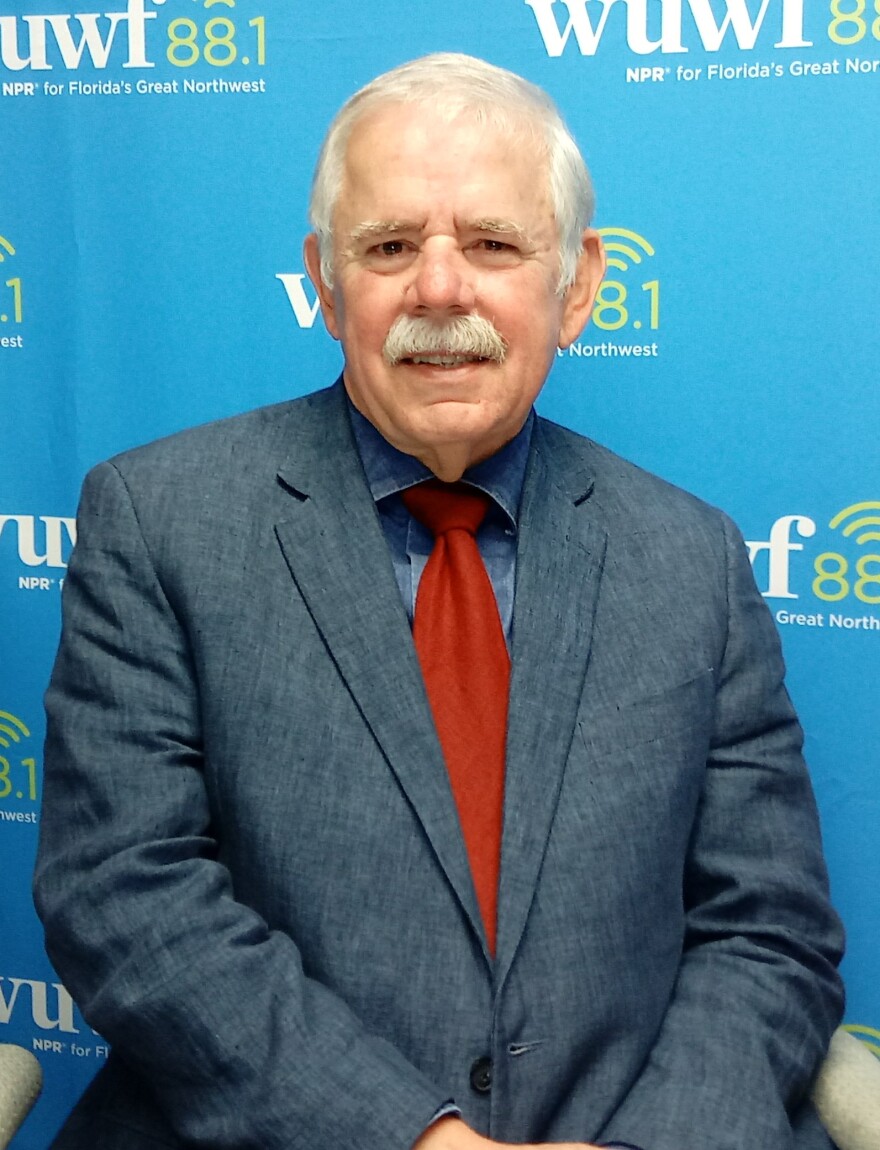For the first time in six decades, there’s a change at the top in Cuba, involving someone not named Castro.
Miguel Diaz-Canel was born in 1960, one year after Fidel Castro took power, and has served as First Vice President since 2013.
“To call [Diaz-Canel] a leader, I think really is a misnomer; he’s just basically a figurehead,” said Cuban-born Alfred Cuzan, a Professor of Government at the University of West Florida.
Despite the newly minted president, Cuzan says the Castro family’s fingerprints remain on the regime.
“Raul Castro is still going to be in control of the [Cuban] Communist Party,” said Cuzan. “His son is head of the counter-intelligence police; his grandson is in charge of his palace guard, and his former son-in-law is in charge of the business enterprises of the military. So it’s still a dynasty.”
When Raul Castro succeeded his brother Fidel in 2008, Cuba was in the throes of an economic crisis. The collapse of the Soviet Union ended subsidies to the island nation – comprised mostly of overpaying for Cuban-grown sugar and providing the island low-cost oil. At their peak, those subsidies were estimated at five billion dollars per year. The reductions began in 1988.
“The whole thing was just sinking,” said Cuzan. “There was a terrible contraction in the economy, so they experimented with some liberal economic reform – limited economic reform. [They] brought in foreign investments and so forth.”
It’s the economy which remains the top issue, as Raul Castro gives way to Miguel Diaz-Canel. The Castro regime, says Cuzan, has ruined the country.
“People don’t realize that Cuba at one time was a relatively prosperous country for Latin America,” Cuzan said. “It had a very well-informed population; a very good health care system. It was the third or fourth country in Latin America, in terms of per-capita income. Havana was a very beautiful capital; the most beautiful in the Caribbean.”
The Castros in Cuba and how they stack up against like dictators, notably Francisco Franco in Spain and Augusto Pinochet in Chile, was the subject of a paper written by Cuzan. The categories included life expectancy; literacy, economic growth, and the death toll exacted by each regime.
“In all these things, Castro either tied for worst or was the worst, in terms of all the indicators,” said Cuzan. “To them, economic liberalization – they feel will threaten their power. All that revolutionary rhetoric and the poor and all that is just a veil that has blinded people to the real situation in Cuba.”
It’s too early yet to see how relations between the United States and Cuba will fare under Diaz-Canel. There was a thawing-out in 2014 announced by President Obama. His executive actions were aimed at increasing trade and travel with the island. And that included an end to restrictions on Cuba’s famed rum and cigars.
“We’ll begin to normalize relations between our two counties,” said Obama in December, 2014. “Through these changes, we intend to create more opportunities for the American and Cuban people. And begin a new chapter among the nations of the Americas.”
While conceding it will not happen in his lifetime, UWF Professor Al Cuzan believes Cuba will eventually return to a normal course of development, which will include relations with the U.S. Exhibit A, he says, is our neighbor to the south.
“There was a lot of tension between us and Mexico, because Mexico had lost a good chunk of its territory in the Mexican-American War, and there was all this nationalism in Mexico,” Cuzan said. “If Mexico could overcome that, imagine what Cuba would have been able to do. The normal course of events [in Cuba] will resume, but it will take a long detour that will have wasted people’s lives for a couple of generations.”
The plan, for now, is for Raul Castro to remain as head of the Cuban Communist Party for another three years, then turn over those duties to the President. At age 57, Miguel Diaz-Canel is expected to remain in office for quite a while. According to a study by the World Economic Forum, Cuba’s resilience and capacity to adapt make sudden regime collapse unlikely.




